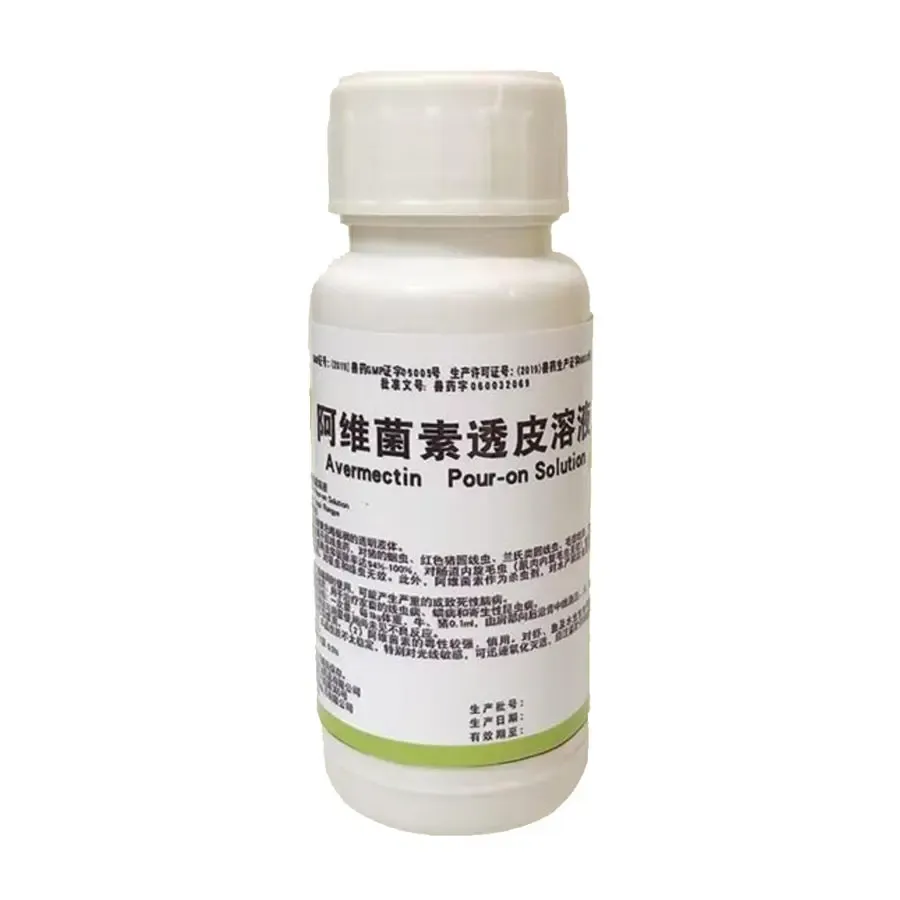- Afrikaans
- Albanian
- Amharic
- Arabic
- Armenian
- Azerbaijani
- Basque
- Belarusian
- Bengali
- Bosnian
- Bulgarian
- Catalan
- Cebuano
- Corsican
- Croatian
- Czech
- Danish
- Dutch
- English
- Esperanto
- Estonian
- Finnish
- French
- Frisian
- Galician
- Georgian
- German
- Greek
- Gujarati
- Haitian Creole
- hausa
- hawaiian
- Hebrew
- Hindi
- Miao
- Hungarian
- Icelandic
- igbo
- Indonesian
- irish
- Italian
- Japanese
- Javanese
- Kannada
- kazakh
- Khmer
- Rwandese
- Korean
- Kurdish
- Kyrgyz
- Lao
- Latin
- Latvian
- Lithuanian
- Luxembourgish
- Macedonian
- Malgashi
- Malay
- Malayalam
- Maltese
- Maori
- Marathi
- Mongolian
- Myanmar
- Nepali
- Norwegian
- Norwegian
- Occitan
- Pashto
- Persian
- Polish
- Portuguese
- Punjabi
- Romanian
- Russian
- Samoan
- Scottish Gaelic
- Serbian
- Sesotho
- Shona
- Sindhi
- Sinhala
- Slovak
- Slovenian
- Somali
- Spanish
- Sundanese
- Swahili
- Swedish
- Tagalog
- Tajik
- Tamil
- Tatar
- Telugu
- Thai
- Turkish
- Turkmen
- Ukrainian
- Urdu
- Uighur
- Uzbek
- Vietnamese
- Welsh
- Bantu
- Yiddish
- Yoruba
- Zulu
10 月 . 18, 2024 07:00 Back to list
Nutritional Additives for Enhancing Livestock and Poultry Health and Productivity
Feed Supplements for Livestock and Poultry Enhancing Growth and Health
In modern agriculture, ensuring the health and productivity of livestock and poultry is of paramount importance. Feed supplements play a critical role in achieving these goals by providing essential nutrients that may not be sufficiently available in basal diets. This article delves into the significance of feed supplements, their types, benefits, and best practices for use.
Importance of Feed Supplements
Livestock and poultry are often raised in environments where their nutritional needs cannot be fully met by natural forage or grains. Feed supplements are designed to address these deficiencies, enhancing the overall health, growth rates, and productivity of animals. They can improve feed efficiency, boost immune function, and support reproductive health. With increasing global demand for animal protein, the strategic use of feed supplements has become a crucial component of sustainable farming practices.
Types of Feed Supplements
Feed supplements can be broadly categorized into several types
1. Vitamins and Minerals These are critical for various bodily functions. For instance, calcium and phosphorus are vital for bone development in livestock, while vitamins like A, D, and E are essential for immune response and reproductive health.
2. Amino Acids Proteins are made up of amino acids, which are crucial for growth and tissue repair. On farms, synthetic amino acids like lysine and methionine are commonly added to diets, especially for monogastric animals like pigs and poultry.
3. Fat Supplements Fats are a dense energy source. Supplementing diets with fats helps in achieving higher energy density, which is particularly beneficial in the growth phase of poultry and livestock.
4. Probiotics and Prebiotics These supplements promote gut health. Probiotics help maintain a healthy balance of beneficial bacteria in the gastrointestinal tract, while prebiotics serve as food for these bacteria, enhancing digestive health and nutrient absorption.
5. Pelleted and Liquid Supplements These can include a combination of various nutrients in a form that is easy to administer. Pelleted feeds are often used in cattle and poultry to ensure uniform intake of nutrients.
Benefits of Feed Supplements
feed supplements for livestock and poultry

The incorporation of feed supplements into livestock and poultry diets offers numerous benefits
- Enhanced Growth Rates Proper nutrition, aided by feed supplements, can lead to improved weight gain and faster growth milestones. This is particularly critical for meat-producing animals.
- Improved Feed Efficiency Supplements can optimize the way animals convert feed into body weight, thus reducing feed costs and maximizing profits for farmers.
- Better Immune Function Nutrients such as vitamins, minerals, and probiotics contribute to stronger immune responses, decreasing the likelihood of disease outbreaks and the dependency on antibiotics, which is vital in today’s market.
- Higher Reproductive Performance For breeding animals, adequate nutrition through supplements is crucial for improving conception rates, litter sizes, and overall reproductive outcomes.
Best Practices for Use
To maximize the benefits of feed supplements, farmers should adhere to a few best practices
1. Consultation with Nutritionists Working with animal nutritionists can help develop tailored feeding programs that meet the specific needs of the herd or flock.
2. Regular Nutritional Assessments Periodically analyzing the nutritional content of basal feeds can help determine the appropriate types and amounts of supplements needed.
3. Monitoring Animal Health Keeping track of livestock and poultry health can reveal the effectiveness of supplement strategies, enabling adjustments as necessary.
4. Adherence to Regulations Farmers must ensure that all feed supplements comply with local and international regulations to safeguard animal health and consumer safety.
In conclusion, feed supplements are an indispensable tool in modern livestock and poultry management. By addressing nutritional gaps, they enhance growth, health, and overall productivity, contributing to sustainable agriculture practices. As the industry continues to evolve, the strategic use of these supplements will remain critical to meet the growing global demand for quality animal protein.
-
The Power of Radix Isatidis Extract for Your Health and Wellness
NewsOct.29,2024
-
Neomycin Sulfate Soluble Powder: A Versatile Solution for Pet Health
NewsOct.29,2024
-
Lincomycin Hydrochloride Soluble Powder – The Essential Solution
NewsOct.29,2024
-
Garamycin Gentamicin Sulfate for Effective Infection Control
NewsOct.29,2024
-
Doxycycline Hyclate Soluble Powder: Your Antibiotic Needs
NewsOct.29,2024
-
Tilmicosin Premix: The Ultimate Solution for Poultry Health
NewsOct.29,2024













